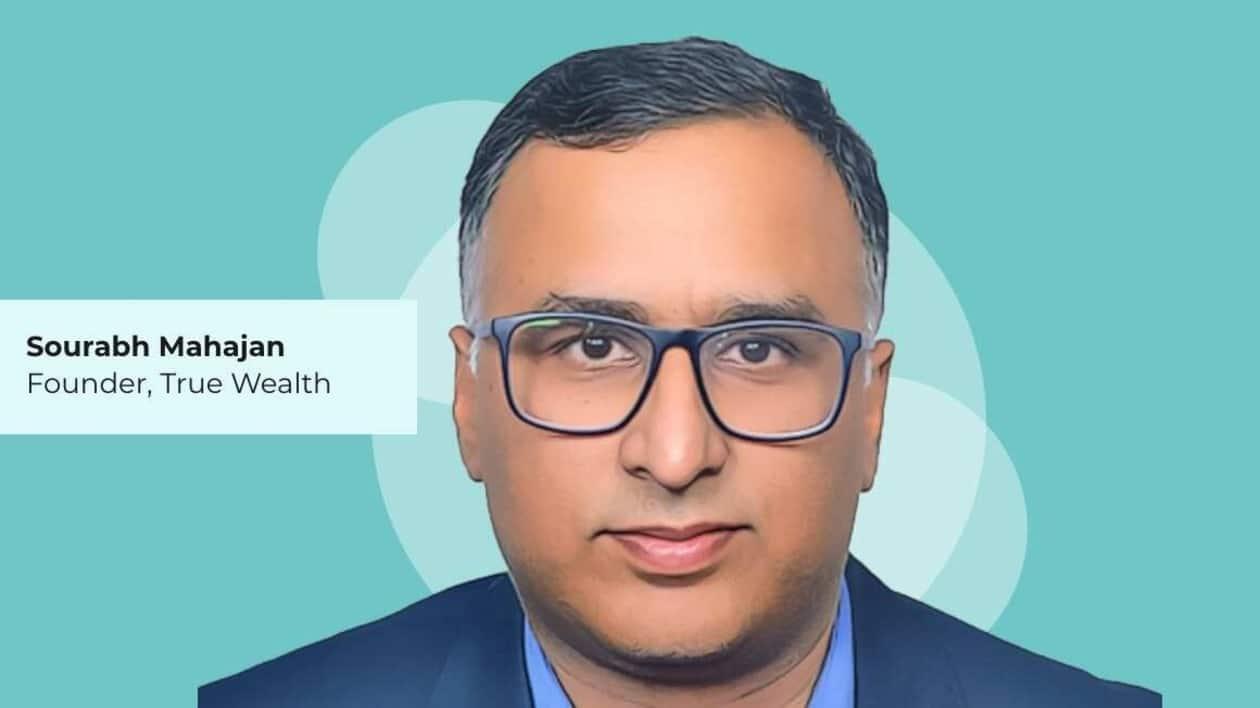Saving money is the first step to managing money. No matter how high you earn, all your finances will fall apart if you don’t save regularly enough. In an interview with MintGenie, Sourabh Mahajan, Founder of True Wealth opines how you must lend due importance to savings while planning your finances.
Edited Excerpts:
Q. People talk about investments. Very few of them talk about savings. How would you advise people to save money in this age of instant online gratification?
Very rightly pointed out, saving money is the first step and then that money can be invested. So, although investments happen after savings, you will find much more talk on investments than savings. In today’s world with the rising standard of living, the tendency to buy today and pay later and competition with friends and neighbours, a lot of people, especially, the youth are struggling with savings.
But remember the old saying “A rupee saved is a rupee earned”. So, if we are serious about saving money there are a lot of ways. To start budgeting monthly expenses, buying groceries and other stuff on sale days, wise usage of credit cards, and avoiding impulsive shopping are a few ways. Then you can avoid eating out or movie shows frequently, DIY on female/male parlour expenses like nails, facials, etc.
Q. Can you suggest some unconventional ways to save money?
Quitting bad habits like smoking and drinking will help you save a lot regularly. Also upgrading mobile phones and other gadgets every three to five years instead of every year and changing cars after a minimum of five to seven years can be a big saver.
Reducing and repricing your loan rates can help you save more. You can avoid auto-renewal of various memberships and OTT subscriptions, as this can result in you paying for something you aren't using. And most importantly, don’t compete with anyone and buy something just because someone else is buying it.
Q. How do you advise people to develop savings habits early in their lives?
Well, savings habits can be sown quite early in life, especially during childhood. Parents generally avoid discussing finances with their kids, but actually, that is the most crucial time in life to learn about savings and finances. First of all, parents need to lead their kids by example. Also, small things like monthly pocket money help children learn to manage their finances. Even right at the start of careers of young people, help from parents and elders in budgeting monthly expenses and teaching the importance of savings and investments can be of great help. Parents can help children distinguish between needs and wants to spend and save accordingly
Q. Using credit cards helps to save in the short run. However, one has to repay the amount within the stipulated period. How do you advise credit card use to ensure more savings?
Well, a credit card is like a double-edged sword. If you know how to use it and how much to use, it’s a saviour but if you end up missing timely repayments it can land you in debt and trouble. Choose the right credit card which suits best your needs and expenditure pattern. You can easily save 5-10 per cent on most purchases if you have the right card. Add to that the ability to accumulate reward points for future purchases or even benefits such as frequent flier status, which allows you to get discounted air tickets or even free access to airport lounges.
Q. What are the common investing mistakes that impede savings habits in the long run?
Savings without a natural progression into the right investment avenues may not turn out as per the investor’s expectations. So, investment decisions have to be done carefully after proper financial planning. One common mistake many make putting all the money in fixed deposits without realising that post inflation and taxation the net return may be negative.
For example, ₹100 put in an FD of six per cent - tax of two per cent (assuming 33% tax) – six per cent inflation will become 100+6-2-6 = ₹98 after one year, so you end up losing two per cent of your money every year. Similarly, putting all eggs in one basket is equally risky so you need to diversify across asset classes like equity, debt, gold, real estate etc to get better risk-adjusted returns.
Another mistake people make is trying to time the market rather than spending time in the market. Following social media trends and investing or delaying investment decisions and keeping money in savings accounts for a long period are equally bad for your long-term savings.
Q. So many people find it so hard to manage their money. They can’t stick to their budgets, thus, impacting their savings too. What advice would you suggest to them on budgeting and savings?
Ideally, we say income - expenses = savings. But if you are making budgets but constantly overshooting and end up not saving, then I suggest it’s time to change the formula to Income - Savings = Expenses. Hence, take out an automated saving from income like monthly SIP and make a budget from the remaining amount.
Save and invest regularly. Even a monthly savings of ₹20,000 invested in a SIP at a 10% annual return can grow to ₹2.68 crores in 25 years.
Regarding budgeting, I would say that once you have made a realistic budget based on your net income, spending patterns, etc., and then stick to it. If you overshoot somewhere, then cut somewhere else or even better, make savings a part of the budget and automate it.
